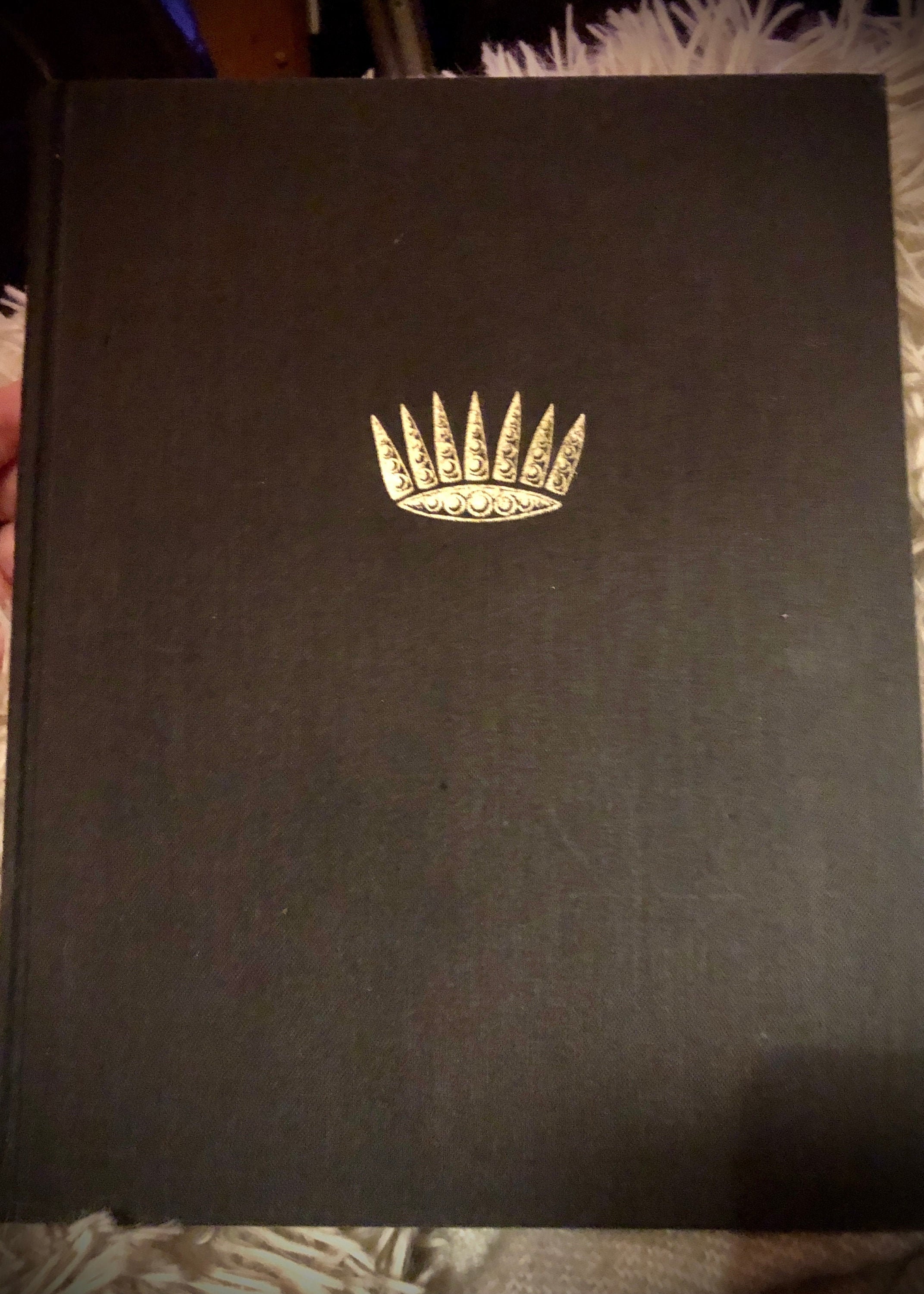

The war was so important to Greeks and to Aeschylus himself that, upon his death around 456 BC, his epitaph included a reference to his participation in the Greek victory at Marathon but not to his success as a playwright. His play The Persians remains a good primary source of information about this period in Greek history. Unfortunately, only seven of an estimated 70 plays by Aeschylus have survived into modern times one of these plays, Prometheus Bound, is sometimes thought not to be the work of Aeschylus.Īt least one of Aeschylus's works was influenced by the Persian invasion of Greece, which took place during his lifetime. According to Aristotle, he expanded the number of characters in plays to allow for conflict among them previously, characters interacted only with the chorus. He is the earliest of the three Greek tragedians whose plays survive extant, the others being Sophocles and Euripides.


Greek Αισχύλος, Ésquilo in Portuguese Esquilo in Spanish Eschyle en français Eschil in romanian Эсхил in russian.Īeschylus, an ancient Greek playwright, is often recognized as the father or the founder of tragedy. a triumph' Bernard Levin 'How satisfying to read at last a modern translation which is rooted in Greek feeling and Greek thought. 'Conveys more vividly and powerfully than any of the ten competitors I have consulted the eternal power of this masterpiece. If you enjoyed The Oresteia, you might like Euripides' Medea and Other Plays, also available in Penguin Classics. He wrote more than seventy plays, of which seven have survived, all translated for Penguin Classics: The Supplicants, The Persians, Seven Against Thebes, Prometheus Bound, Agamemnon, The Libation Bearers and The Eumenides. Aeschylus (525-456 BC) was born near Athens.

Forming an elegant and subtle discourse on the emergence of Athenian democracy out of a period of chaos and destruction, The Oresteia is a compelling tragedy of the tensions between our obligations to our families and the laws that bind us together as a society. In Agamemnon, a king's decision to sacrifice his daughter and turn the tide of war inflicts lasting damage on his family, culminating in a terrible act of retribution The Libation Bearers deals with the aftermath of Clytemnestra's regicide, as her son Orestes sets out to avenge his father's death and in The Eumenides, Orestes is tormented by supernatural powers that can never be appeased. As they move from darkness to light, from rage to self-governance, from primitive ritual to civilized institution, their spirit of struggle and regeneration becomes an everlasting song of celebration. In the Oresteia Aeschylus addressed the bloody chain of murder and revenge within the royal family of Argos. The only trilogy in Greek drama that survives from antiquity, Aeschylus' The Oresteia is translated by Robert fagles with an introduction, notes and glossary written in collaboration with W.B.


 0 kommentar(er)
0 kommentar(er)
